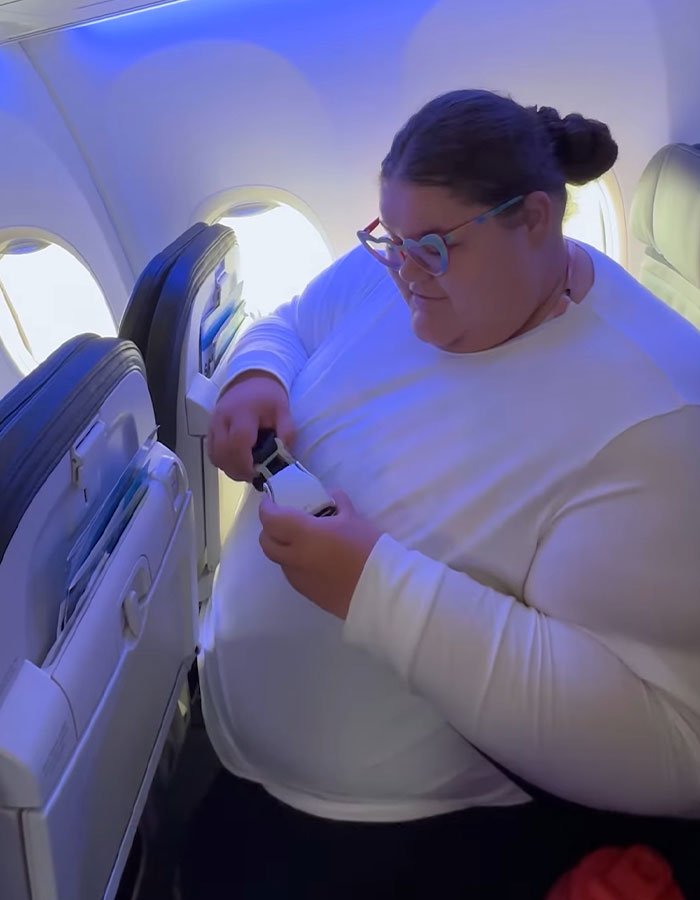A growing discussion in the aviation industry is raising questions about whether airlines should introduce weight-based pricing for passengers.
Supporters argue that such a system could help reduce fuel consumption and emissions, making air travel more efficient and environmentally friendly. However, the idea also sparks concerns about fairness and discrimination.
The debate comes as airlines continue to find ways to manage costs and maximize efficiency. The practice of charging fees for checked baggage, which began in 2008 with a major U.S. airline, has now become standard across the industry. In 2013, an airline in Samoa attempted a similar approach by introducing a “fat tax,” charging passengers based on their body weight, but the policy failed to gain widespread acceptance.
More recently, a European airline conducted a three-month voluntary study where passengers were asked to provide their weight, along with that of their carry-on luggage. The collected data, which remained anonymous and included details like age, gender, and travel class, aims to help airlines refine aircraft balance and loading calculations for the coming years.
Also Read; Russia Strikes Ukraine’s Power Plant
Amid Winter
A separate survey of 1,012 U.S. adults explored how people feel about different pricing models. The study compared three systems: the current standard fare with a luggage limit, a “weight threshold” model that would add extra fees for passengers over 160 pounds, and a “body weight” model where ticket prices would be directly based on a passenger’s individual weight.
The results showed that lighter passengers were more likely to support weight-based pricing, while heavier passengers preferred the existing system. However, nearly half of the heavier respondents were open to the idea of change. Younger travelers, frequent flyers, and higher-income individuals were also more likely to back weight-based pricing.n.







